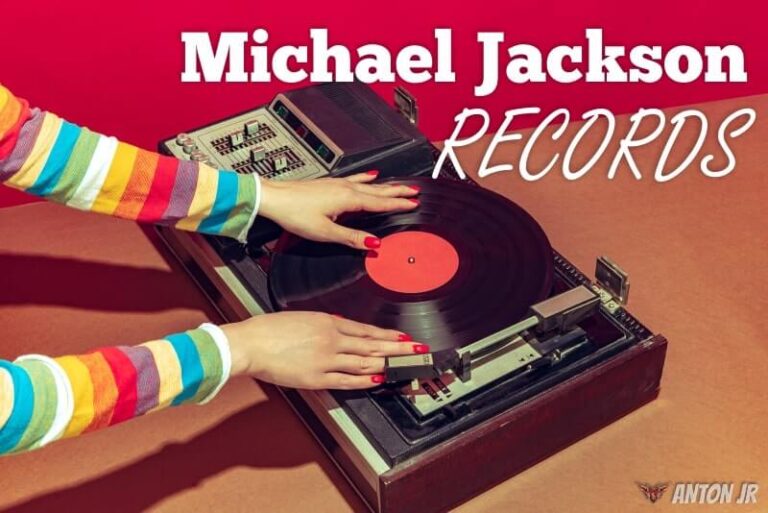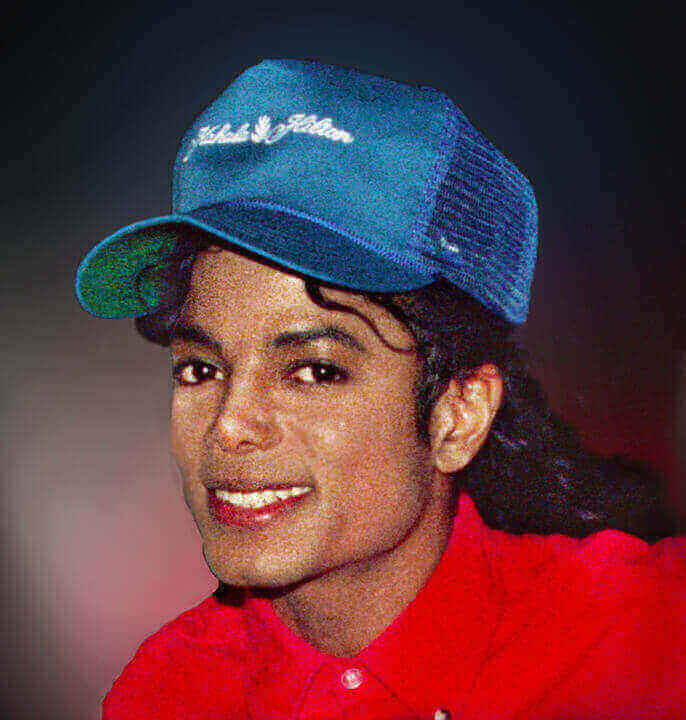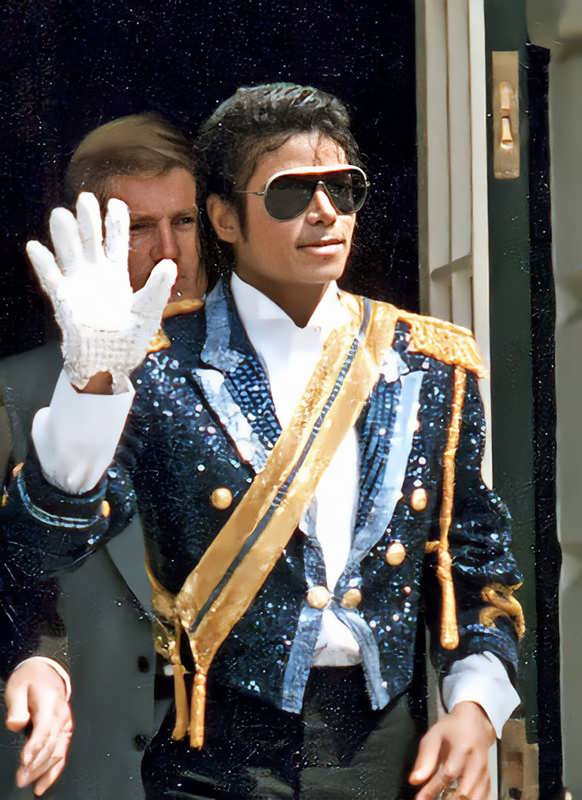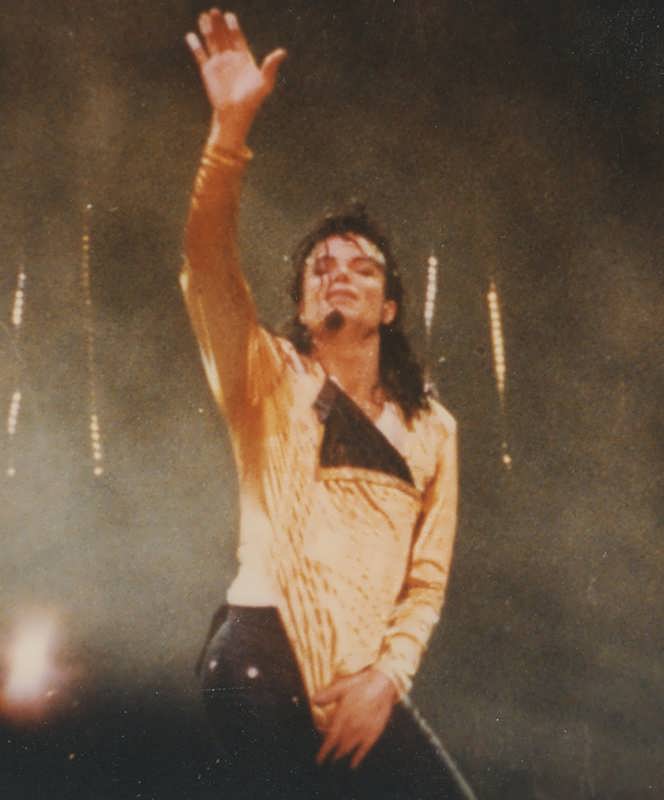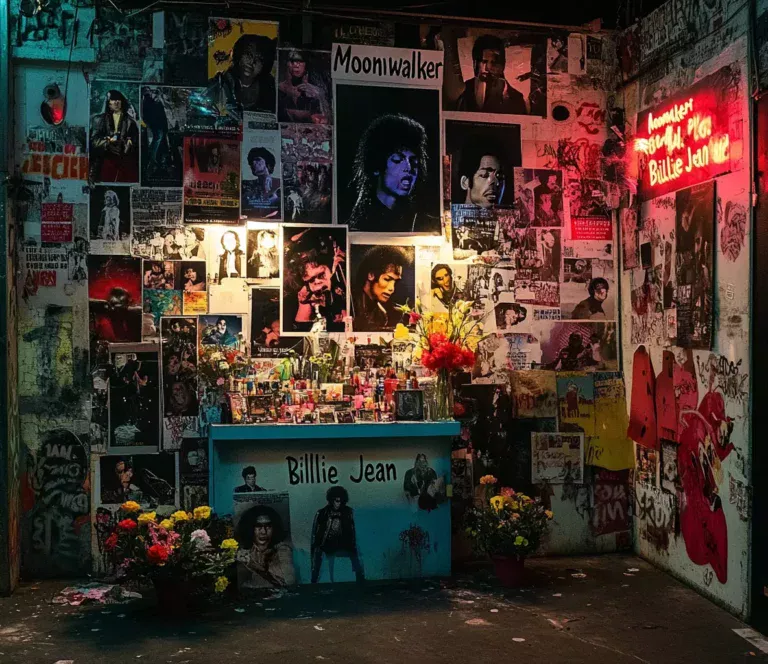What Did Michael Jackson Die From? A Comprehensive Look
What Did Michael Jackson Die From? On June 25, 2009, the world was stunned by the sudden death of Michael Jackson, the “King of Pop“.
At just 50 years old, Jackson’s passing sent shockwaves through the music industry and his global fanbase.
This article delves into the circumstances surrounding his death, examining the official cause and the events that led to this tragic loss.
Official Cause of Death: Acute Propofol and Benzodiazepine Intoxication
According to the Los Angeles County Coroner’s report, Michael Jackson’s death was primarily caused by acute propofol and benzodiazepine intoxication.
Propofol, a powerful anesthetic typically used in surgical settings, was being administered to Jackson as a sleep aid – an extremely dangerous and off-label use of the drug.
The Circumstances Leading to Jackson’s Death
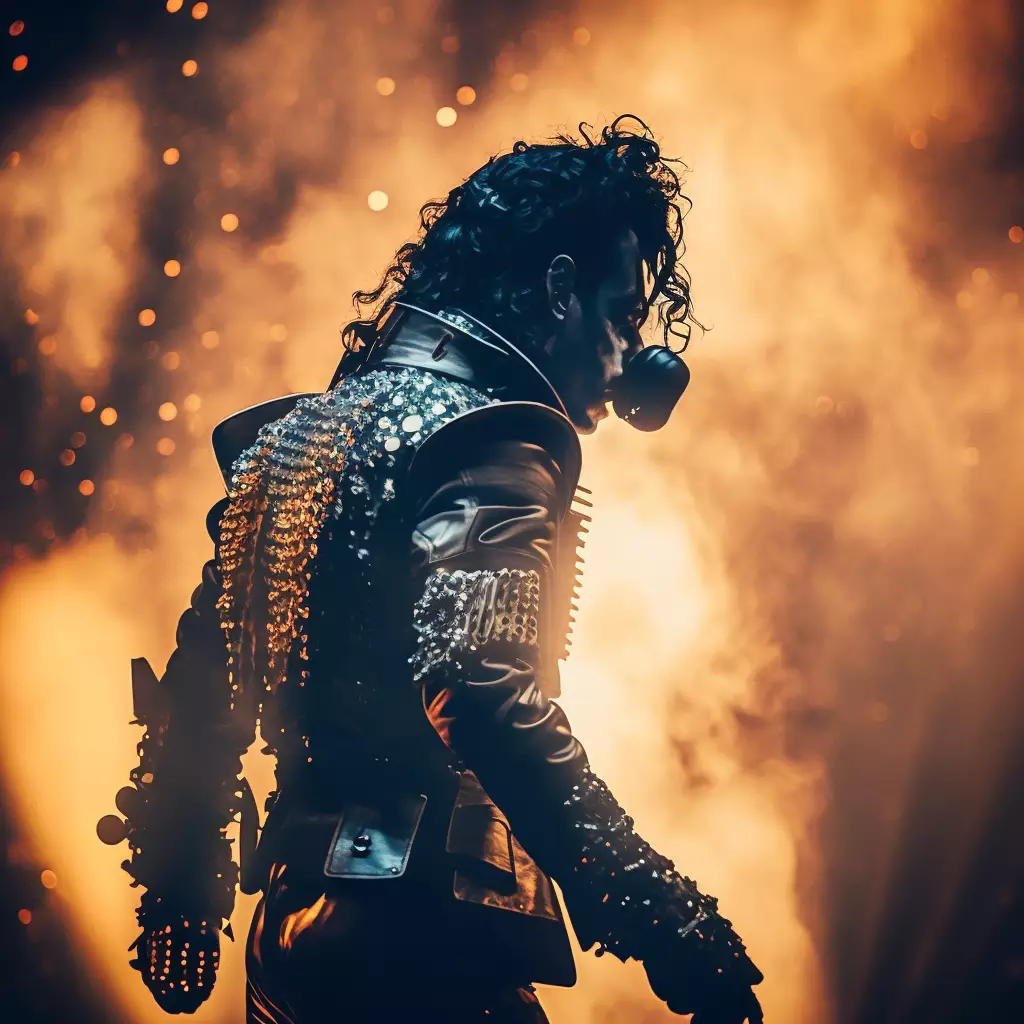
In the weeks leading up to his death, Jackson had been rigorously preparing for his “This Is It” concert series, a planned residency show at London’s O2 Arena.
The pressure of this upcoming performance, combined with Jackson’s long-standing issues with insomnia, created a perfect storm of stress and sleep deprivation.
Dr. Conrad Murray’s Role and the Homicide Ruling
Jackson’s personal physician, Dr. Conrad Murray, had been administering propofol to the singer nightly for about two months prior to his death.
This unorthodox treatment plan was ostensibly an attempt to help Jackson combat his chronic insomnia.
The coroner ultimately ruled Jackson’s death a homicide, placing the responsibility squarely on Dr. Murray’s shoulders.
The Cocktail of Drugs in Jackson’s System
While propofol was the primary culprit, it wasn’t the only substance found in Jackson’s system.
The toxicology report also revealed the presence of:
- Lorazepam (a benzodiazepine)
- Midazolam (another benzodiazepine)
- Diazepam (Valium)
- Lidocaine (a local anesthetic)
- Ephedrine (a stimulant and decongestant)
This combination of drugs, particularly the mix of propofol and benzodiazepines, created a lethal cocktail that ultimately suppressed Jackson’s respiratory system.
The Pressure of Fame: Jackson’s Struggle with Insomnia
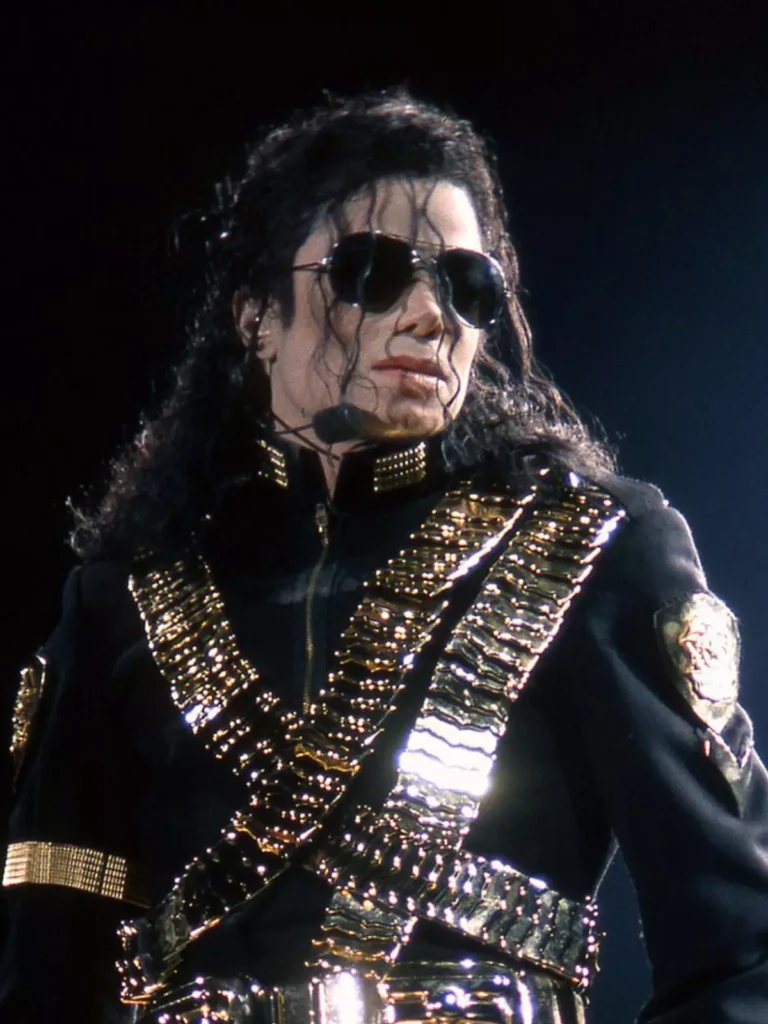
Jackson’s battle with insomnia was well-documented and likely exacerbated by the immense pressure he faced as a global superstar.
The demands of his career, coupled with personal struggles and legal troubles, had taken a toll on his mental and physical health over the years.
Additionally, preparing for a high-profile concert series like “This Is It” added intense industry pressures, further impacting his well-being.
These pressures not only highlight the significant challenges artists face in the music industry but also how such stress can lead to a reliance on medications as coping mechanisms.
This section of Jackson’s life illustrates the broader issue of artist welfare and the potential risks associated with pushing performers to their limits, raising critical questions about how the industry can better support artists to prevent such tragedies.
Legal Aftermath and Dr. Murray’s Conviction
In the wake of Jackson’s death, Dr. Conrad Murray faced legal consequences for his actions.
In 2011, Murray was found guilty of involuntary manslaughter for his role in Jackson’s death.
He served two years of a four-year sentence before being released on parole in 2013.
The Impact on the Music Industry and Fan Community
Jackson’s untimely death sent ripples through the music industry and devastated his enormous global fanbase.
It sparked discussions about the pressures faced by performers and the potential dangers of the lifestyle associated with stardom.
Lessons Learned: Medical Ethics and Celebrity Healthcare
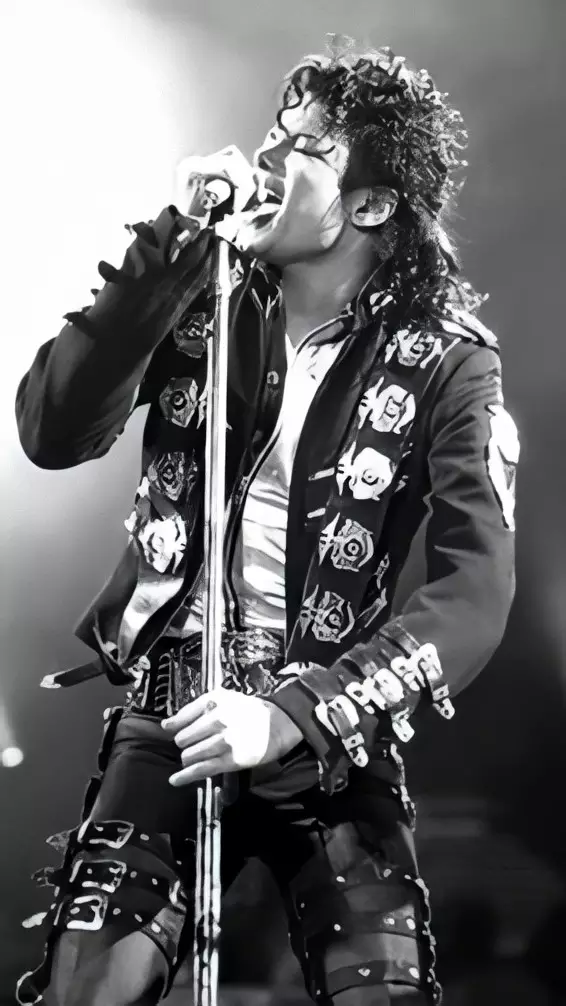
The circumstances of Jackson’s death raised serious questions about medical ethics, particularly when it comes to treating high-profile patients.
It highlighted the need for stricter regulations on the use of powerful anesthetics outside of hospital settings and the importance of maintaining professional boundaries in doctor-patient relationships, regardless of a patient’s fame or wealth.
The case of Michael Jackson not only highlights ethical conflicts but also casts a spotlight on the unique vulnerabilities of celebrities in medical settings.
The physician-patient dynamics in celebrity cases often differ significantly from typical scenarios due to the high stakes involved, including public scrutiny and the financial implications of celebrity health.
This section could explore the necessity for medical professionals to maintain ethical integrity even under pressure from high-profile clients, emphasizing the importance of standardized care protocols that do not waver with patient status.
Media Coverage and Public Reaction
The extensive media coverage of Michael Jackson’s death and the subsequent trial of Dr. Conrad Murray brought several issues to the forefront, including privacy, sensationalism, and the public’s right to know.
This coverage often blurred the lines between respectful reporting and invasive sensationalism, affecting public perception and potentially influencing legal proceedings.
Reflecting on this aspect of Jackson’s story encourages a reevaluation of media practices, especially concerning the coverage of celebrity tragedies.
Conclusion About What Did Michael Jackson Die From
While the details of Michael Jackson’s death are undoubtedly tragic, it’s important to remember the incredible legacy he left behind.
His contributions to music, dance, and popular culture continue to influence artists and entertain fans around the world.
As we reflect on the circumstances of his passing, we’re reminded of the importance of mental health, the dangers of prescription drug misuse, and the often unseen pressures of fame.


